Tara Santora is a former intern at Spectrum and a freelance journalist based in New York City. Tara has written about health and the environment for publications such as Psychology Today and Audubon magazine. They are also a graduate student at New York University’s Science, Health & Environmental Reporting Program.

Tara Santora
From this contributor
U.S. authorizes rapid blood test for fragile X syndrome
A new blood test can identify within seven hours whether a person carries the genetic mutation underlying fragile X syndrome.
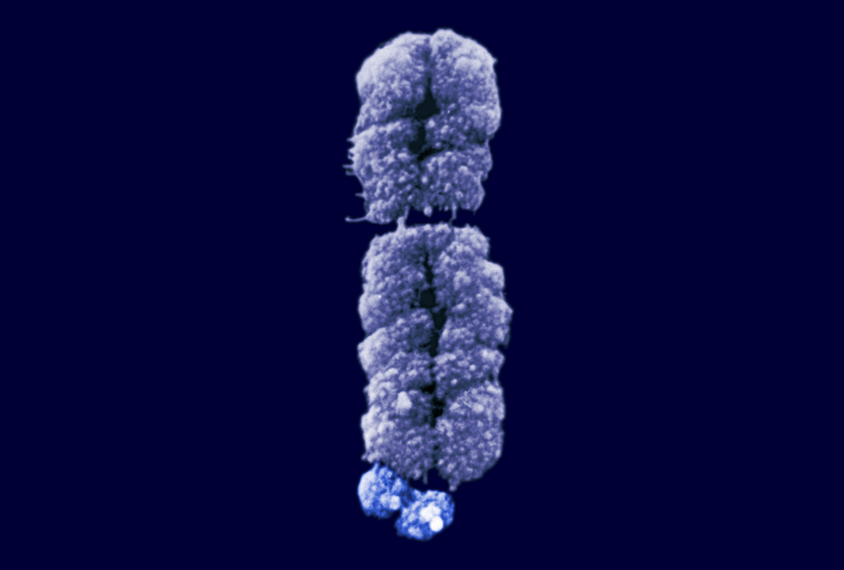
U.S. authorizes rapid blood test for fragile X syndrome
New analysis of brain activity could identify signal for autism
A new technique allows researchers to analyze raw data across multiple studies that use electroencephalography.
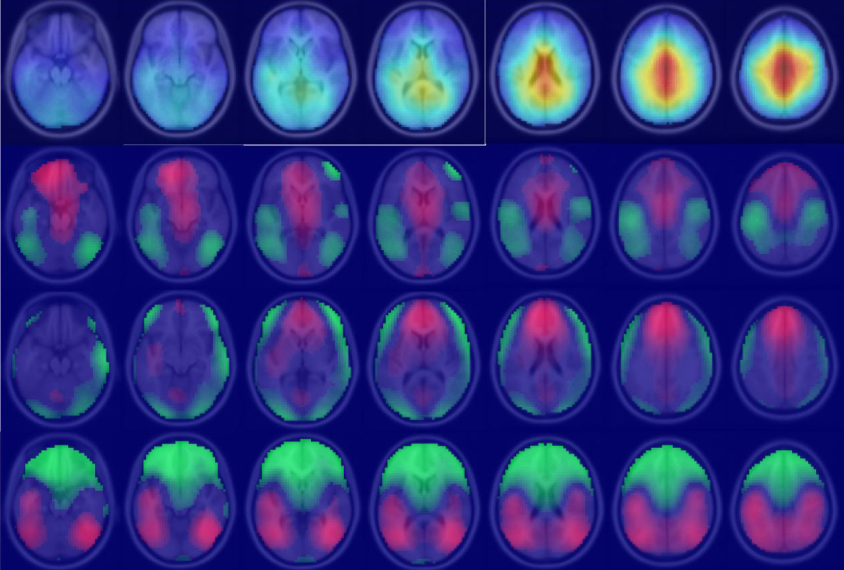
New analysis of brain activity could identify signal for autism
Machine learning flags ‘mosaic’ mutations that may contribute to autism
A new technique detects rare mutations that occur in only a subset of the body's cells.
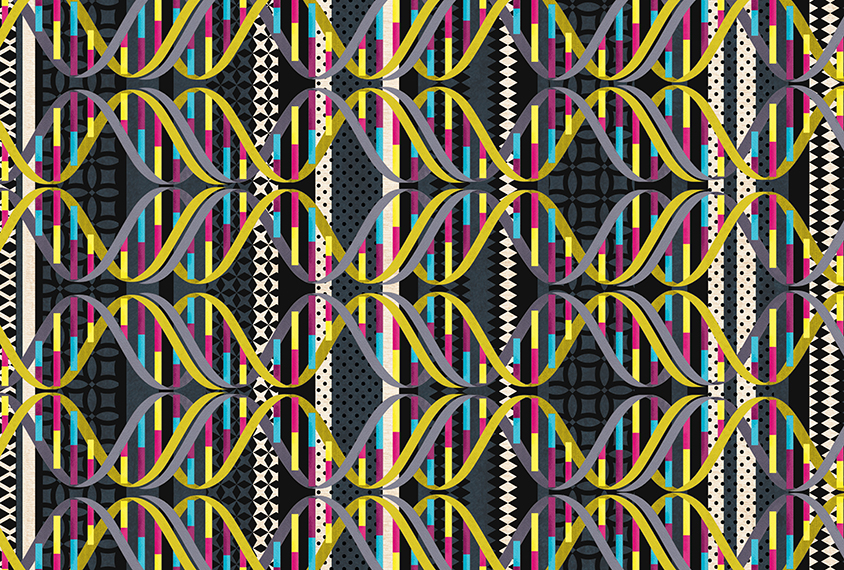
Machine learning flags ‘mosaic’ mutations that may contribute to autism
Smart jumpsuit may help test motor skills in infants with autism
A new jumpsuit is fitted with sensors that can track and classify an infant's posture and movements.

Smart jumpsuit may help test motor skills in infants with autism
Artificial neurons may repair damaged cells and circuits
Electronic neurons made from silicon mimic brain cells and could be used to treat conditions such as autism.

Artificial neurons may repair damaged cells and circuits
Explore more from The Transmitter
INSAR takes ‘intentional break’ from annual summer webinar series
The International Society for Autism Research cited a need to “thoughtfully reimagine” its popular online program before resuming it in 2026.

INSAR takes ‘intentional break’ from annual summer webinar series
The International Society for Autism Research cited a need to “thoughtfully reimagine” its popular online program before resuming it in 2026.
Null and Noteworthy: Neurons tracking sequences don’t fire in order
Instead, neurons encode the position of sequential items in working memory based on when they fire during ongoing brain wave oscillations—a finding that challenges a long-standing theory.
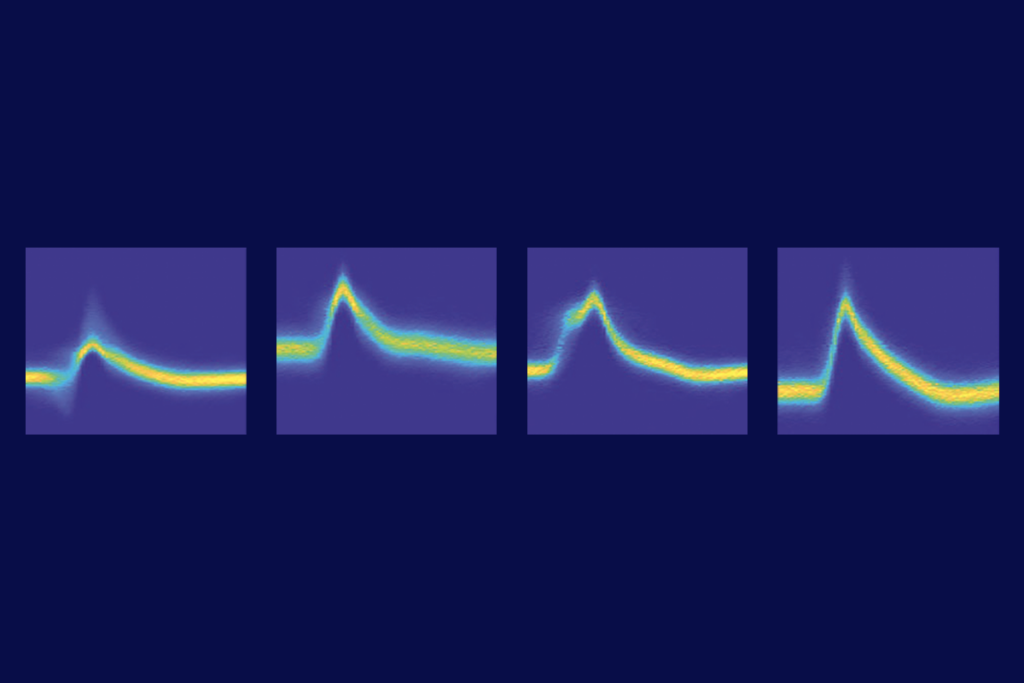
Null and Noteworthy: Neurons tracking sequences don’t fire in order
Instead, neurons encode the position of sequential items in working memory based on when they fire during ongoing brain wave oscillations—a finding that challenges a long-standing theory.
How to teach this paper: ‘Neurotoxic reactive astrocytes are induced by activated microglia,’ by Liddelow et al. (2017)
Shane Liddelow and his collaborators identified the factors that transform astrocytes from their helpful to harmful form. Their work is a great choice if you want to teach students about glial cell types, cell culture, gene expression or protein measurement.
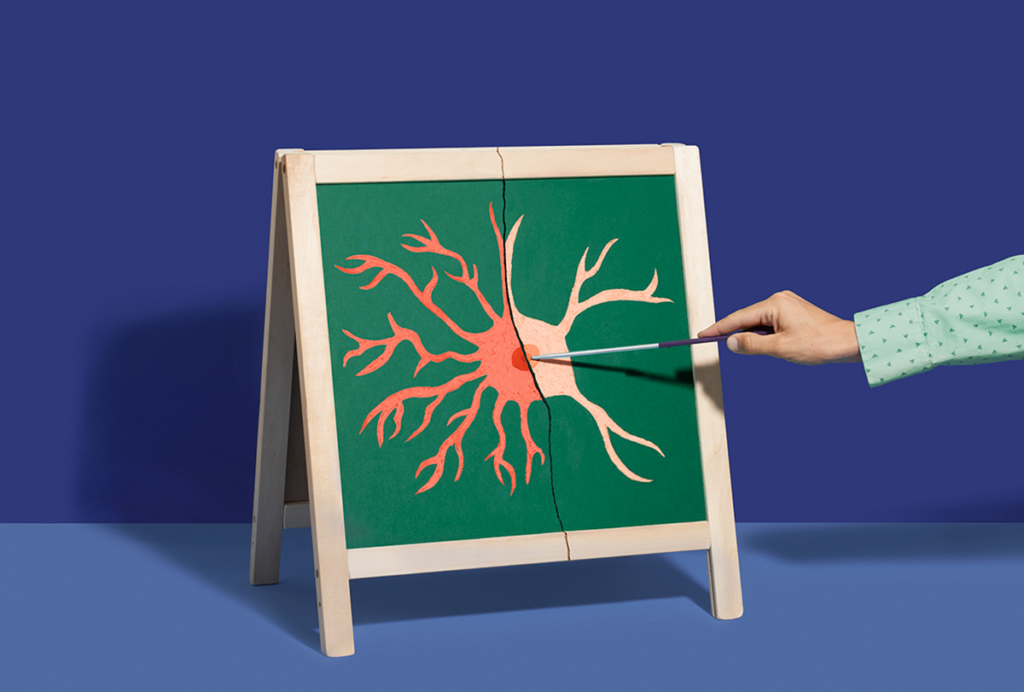
How to teach this paper: ‘Neurotoxic reactive astrocytes are induced by activated microglia,’ by Liddelow et al. (2017)
Shane Liddelow and his collaborators identified the factors that transform astrocytes from their helpful to harmful form. Their work is a great choice if you want to teach students about glial cell types, cell culture, gene expression or protein measurement.